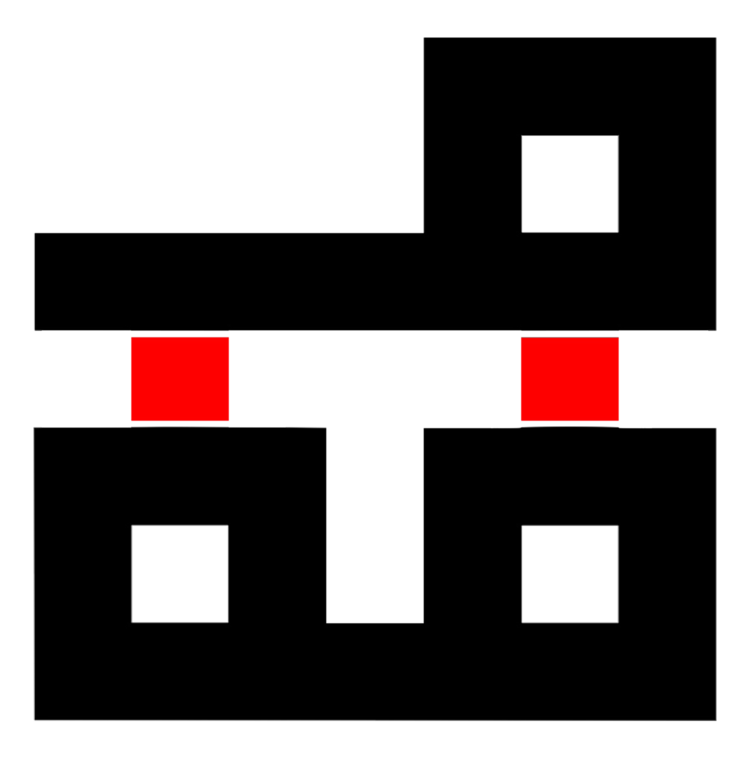Palestine at
Cannes Docs 2021: A New Generation of Palestinian Voices
Original in Arabic by Almu’tassem Khalaf published in rommanmag.com on June 25, 2021
The Palestine Film Institute (PFI) has announced the Palestinian film projects chosen to participate this year in the documentary section of the Cannes Film Festival, CannesDocs. While visually and narratively engaging, the chosen films represent a cinema of change and resistance, exploring different facets of oppression and the solidarity produced in response to it. The films have a particular focus on the image as an archive; a form of historical record and documentation that will have to be reckoned with. Here, the oppressed and those in solidarity with them circumvent the oppressor by using a universal framework, where Palestine becomes an idea of unstoppable solidarity with every refugee around the world.
The program is a reflection of the mission of the PFI and its keen efforts to provide filmmakers with a framework for research and development by establishing the necessary conditions and professional relationships for these goals. In this particular program, the participants are able to promote their films and to develop them through PFI’s training and guidance, culminating in their participation in the festival.
PFI confirmed that 80% of Palestinian film production is documentary, and falls within the framework of documenting daily practices. However, what distinguishes the four participating films this year is their ability to examine time, with the understanding that colonization, in its all forms, cannot capture space, unless time is captured as well. This form of cinema attempts to restore confidence in the oppressed, by understanding, owning and controlling a hierarchical/chronological relationship with time through memory and remembering.
THE FILMS


